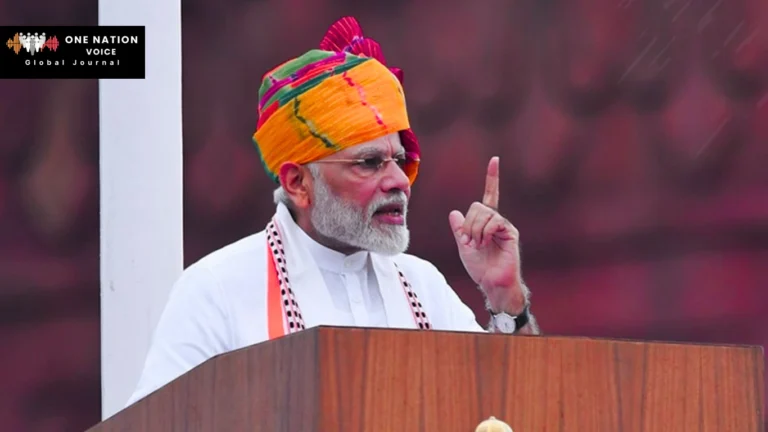Paigham-e-Pakistan and the Neglected Citizen Charter

Paigham-e-Pakistan and the Neglected Citizen Charter
In Pakistan, a growing problem has emerged where a small group of people, often in the name of religion, reject the state’s citizen charter. Some even cross national borders to fight in foreign conflicts. They claim it is a righteous cause, but in truth, it contradicts the teachings of Islam. The Qur’an and Hadith are very clear about honoring promises, respecting laws, and not betraying.
Defying your country in name of religion is not piety, it is betrayal.
What Islam Actually Teaches us?
Islam puts a very big emphasis on keeping your word. The Qur’an speaks of, “O you who believe, discharge all obligations” (5:1). It also includes of the warning, “Do not break covenants after confirming them” (16:91). Such are not vague moral tips, they are commands. The Prophet Muhammad (SAW) had so many described betrayals as such a serious sin on the Judgment Day. Every traitor will be marked by a flag which tells us what their level of treachery was.
Religion to Justify Betrayal
There is dangerous thinking among certain sections of the population. It includes the rejection of the Pakistani Constitution or joining foreign wars is a religious act, in some ways. The Prophet Muhammad (SAW) and his companions acted according to the expression. This happened when it required sticking to treaties and concluded with those who were opposed to them. However, they never considered betrayal as bravery.
Crossing borders to fight in wars that the state has not sanctioned or declaring your own government “un Islamic” is against the Prophet’s example. Islam does not allow individuals or groups to do anything like that. When you ignore borders or signed agreements, you are not defending Islam, you are going against the morality of Islam.
The Constitution isn’t Un Islamic
The entire legal structure of the country is based on the belief. The belief includes sovereignty rests with Allah and the administration of authority on earth is exercised through a just system. Violating the national charter means going against an order that was designed to protect the values of Islam and humanity.
Moreover, Pakistan’s international commitments also belong to the ethics of Islam. The agreements safeguarding life, property, intellect, faith, and family, these are just a perfect match to the five basic goals of Shariah. When Pakistan signed treaties with respect to peace, human rights, or global cooperation, it’s not just “copying the West.” It’s doing what Islam already tells us to do, keep justice and promises.
What Happens When We Turn a Blind Eye?
When citizens begin to reject charter of the state, it doesn’t just cause political tension, it undermines the whole basis of the country. It gives space to chaos, undermines the institutional strength, and also confuses young minds as to what Islam is about. The picture of Pakistan and Islam is tarnished because outsiders begin to believe that violence and rebellion are part and parcel of our religion, which could not be wrong.
In addition, the Qur’an warns about fitnah, chaos, and civil disorder that it’s worse than killing. That’s precisely what takes place, when human beings reject lawful authority and rationalize it in religion. It separates the nation and harms the trust among the citizens.
Loyalty to Our Lord Is Part of Faith
The companions of the Prophet Muhammad (SAW) demonstrated time that true power is in keeping promises. Even if treaties appeared to be unfair or difficult to swallow, they did not go back on their single word. They had faith that justice and patience were more pleasing to Allah than impulsive rebellion.
This same principle today translates to obeying the constitution, respecting our borders, and honoring international commitments. These are all modern expressions of loyalty and faithfulness. Disregarding them isn’t an act of religious courage, it’s an act of betrayal of Islam and Pakistan.
True Message of Paigham-e-Pakistan
At the very heart of Paigham-e-Pakistan, it is a reminder that Islam does not encourage rebellion, anarchy, and defiance of lawful authority. It demands peace, justice, and integrity.
Respecting the national charter is not blind nationalism, it is faith in action. To truly serve Islam and Pakistan, the justice must be upheld and strive for unity.
That is how the Prophet Muhammad (SAW) led his people, and it is exactly what our nation needs today.
The views and opinions expressed in this article are exclusively those of the author and do not reflect the official stance, policies, or perspectives of the Platform.














